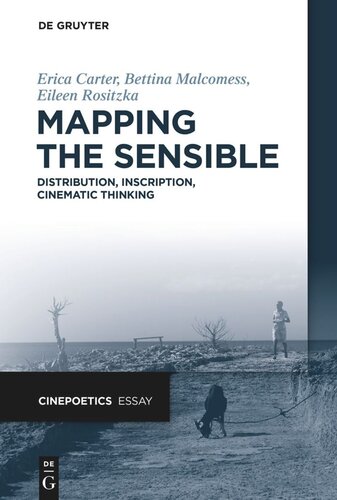

Most ebook files are in PDF format, so you can easily read them using various software such as Foxit Reader or directly on the Google Chrome browser.
Some ebook files are released by publishers in other formats such as .awz, .mobi, .epub, .fb2, etc. You may need to install specific software to read these formats on mobile/PC, such as Calibre.
Please read the tutorial at this link: https://ebookbell.com/faq
We offer FREE conversion to the popular formats you request; however, this may take some time. Therefore, right after payment, please email us, and we will try to provide the service as quickly as possible.
For some exceptional file formats or broken links (if any), please refrain from opening any disputes. Instead, email us first, and we will try to assist within a maximum of 6 hours.
EbookBell Team

0.0
0 reviewsOpen Access
In academic and public discourse, 'mapping' has become a ubiquitous term for epistemic practices ranging from surveys of scholarly fields to processes of data collection, ordering and visualization. Mapping captures patterns of distribution, segregation and hierarchy across socio-cultural spaces and geographical territories. Often lost in such accounts, however, is the experiential dimension of mapping as an aesthetic practice with determinate social, cultural and political effects. This volume draws on approaches from film philosophy, media archaeology, decolonial scholarship and independent film practice to explore mapping as a mediated experience in which film becomes entangled in larger processes of historical subject-formation, as well as in dissident reconfigurations of cultural memory. Proposing an approach to mapping through decolonial aesthetics and poetic thinking, the three essays in this volume help define a film studies perspective on mapping as a practice that structures political and aesthetic regimes, organizes and communicates shared realities, but also enables dissenting reconfigurations of concretely experienced worlds.